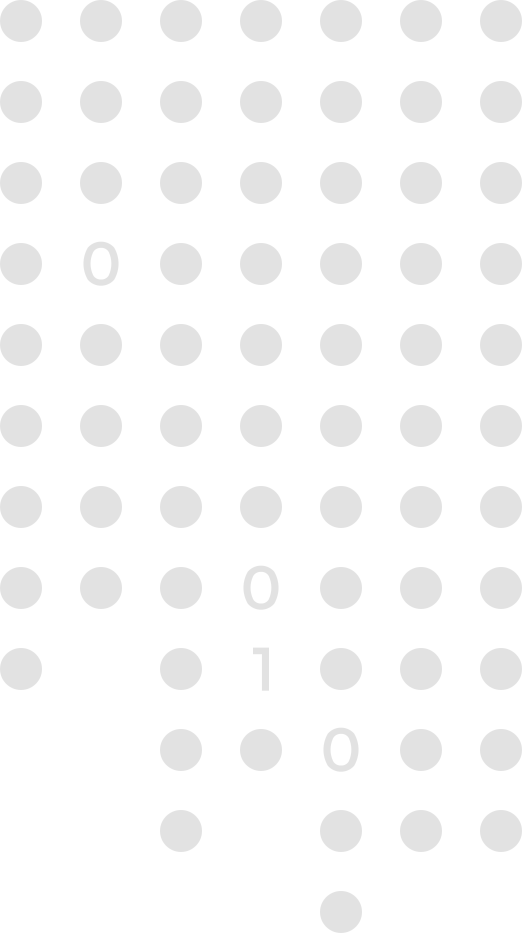
3 questions to new IDTA board member Erich Clauer
At the beginning of 2023, Erich Clauer, Vice President Industry Standards & Open Source at SAP, was elected to the IDTA Board, where he will contribute with his expertise on the topics of standardisation and open source development. Erich Clauer as a new member of the board replaces Nils Herzberg (SAP), who has held the position since the founding of the IDTA in 2021 and has resigned from the IDTA board with his retirement.
What is your professional background and how does it overlap with the Digital Twin?
At SAP, I am responsible for Industry Standards and Open Source for our Digital Supply Chain applications and the Cloud ERP system. Standards and interoperability are becoming increasingly important in interconnected applications. In order to work more closely and fluidly with partners along the logistics chain, it must become easier to share data from a wide variety of sources. The Digital Twin based on the Asset Administration Shell (AAS) makes it possible to describe and provide data of a product in a standardised way. We can use this data to connect different systems and applications and, in the final stage, provide autonomous Digital Twin systems.
In which activities related to the Asset Administration Shell have you been involved so far?
For several years, I have been active in the Plattform Industrie 4.0. Based on the reference architecture model Industrie 4.0 (RAMI 4.0), I was involved in designing the first concepts of the AAS. SAP is a founding member of the IDTA and my team has been active in various working groups since the beginning.
In SAP, we work to ensure that our applications follow and support the standards – and in particular the AAS standard.
Erich Clauer, why is an initiative at IDTA important to you?
In my view, the AAS is more than just a business Digital Twin of a product or a machine. To me, the standardised AAS submodels are even more important. These data models, based on ECLASS semantics, will enable “La Lingua Franca” for Industry 4.0. With this, we realise “understandable” interoperability between companies and support a range of new scenarios and global business processes.
Furthermore, with the AAS we provide the core building blocks for data spaces and the circular economy. The AAS supports with the standardised data models important requirements of the German and EU legislators on the topics of digital product passport, battery passport, carbon footprint, etc.
Our vision is that the IDTA makes an essential contribution to increasing the resilience of the German and European economy. In the future, the uniform data formats will make it easier to add intelligent functions (AI) to applications.
